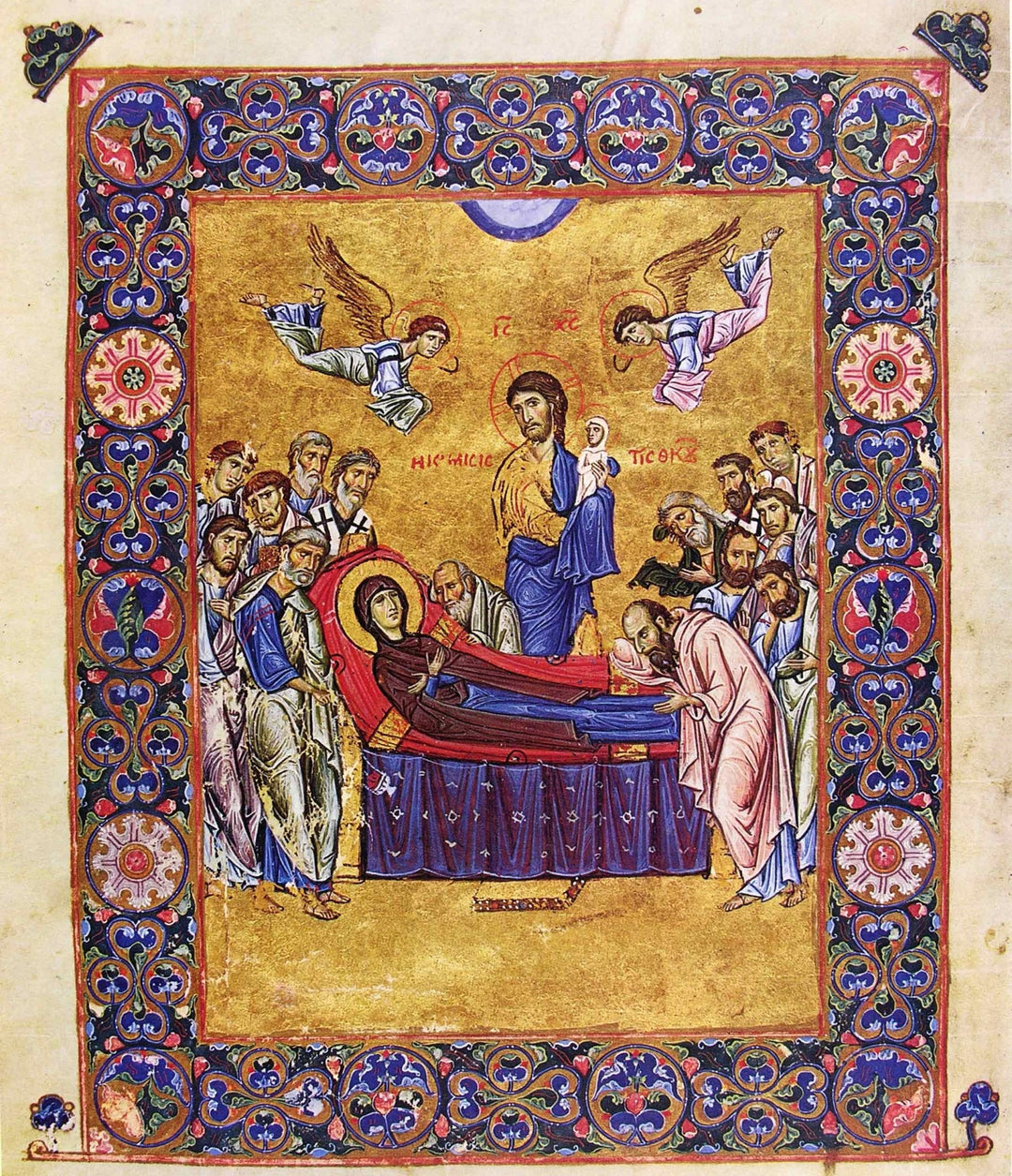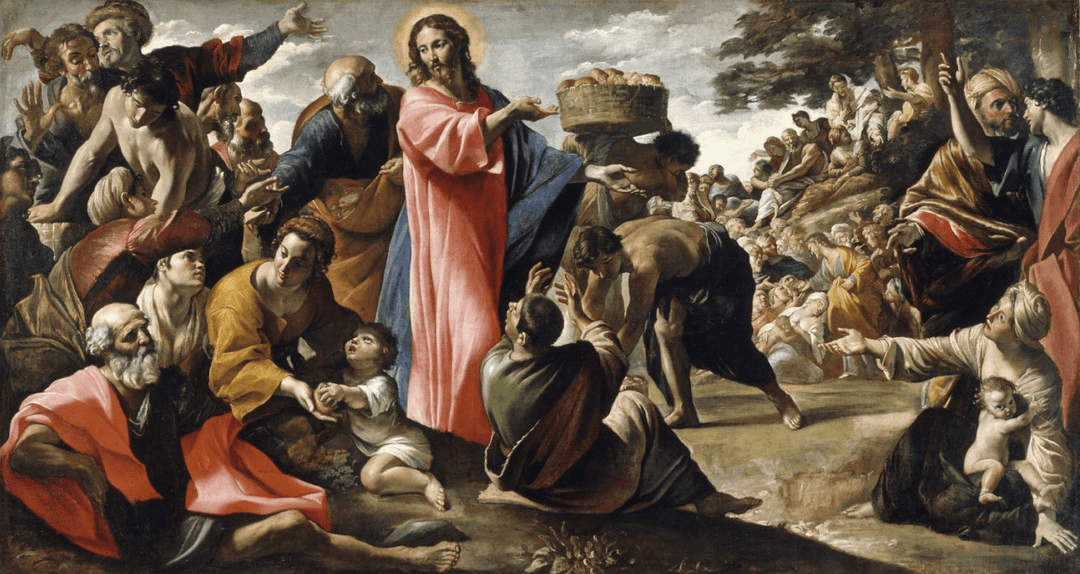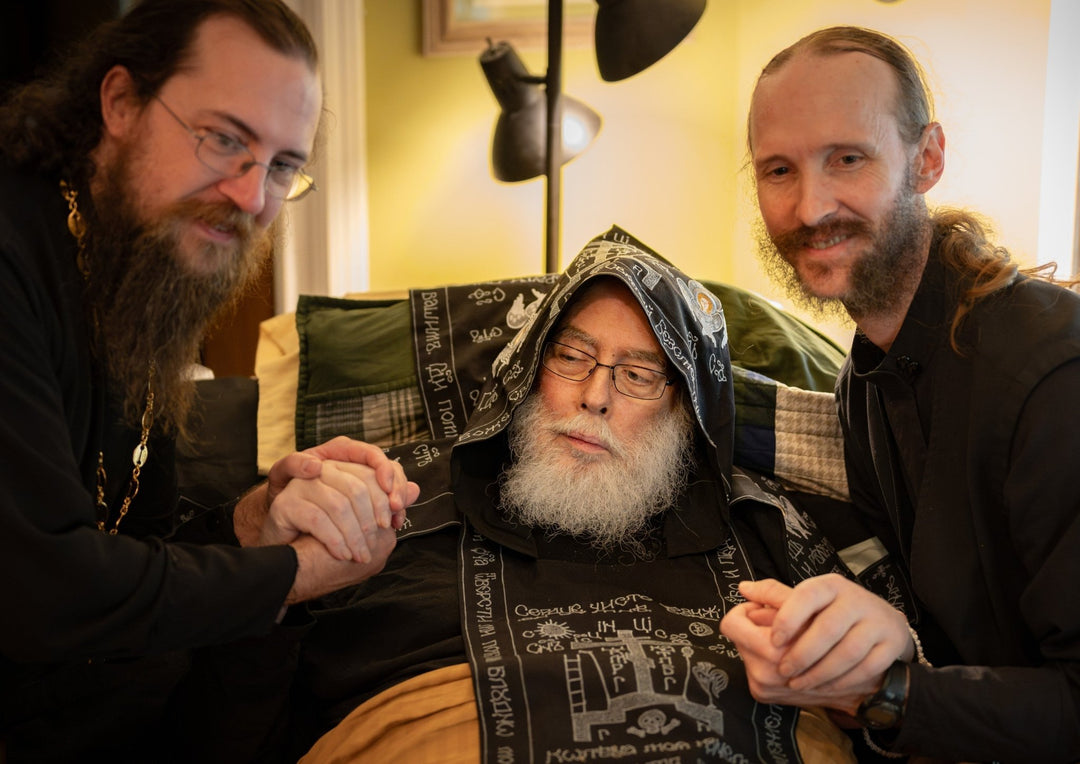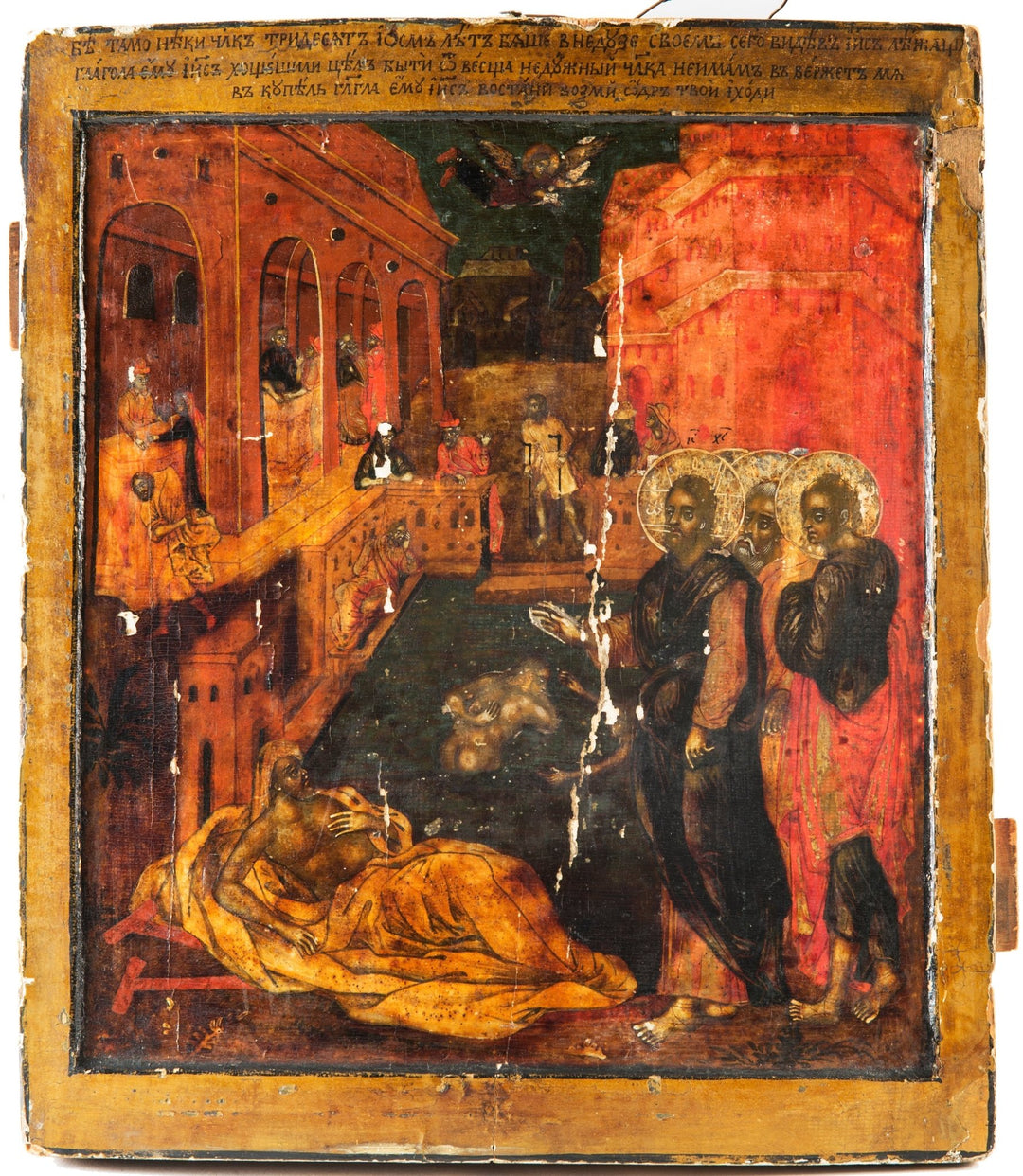Sermons & Homilies

We must take an example from St. Symeon who waited so long in faith. This was an active waiting. It was a daily trial. He had plenty of time to doubt the prophecy. He had plenty of time to give up. He had plenty of time to forget what he was still living for. He had plenty of time to bury himself in mindless worldly consolations, distractions, and preoccupations. However, he kept faith. This was not easy. This was not automatic. There is so much hidden within one line of the Scripture which simply states that he would not die until he saw the Lord’s Christ.

How do we sum up a life? How do we encapsulate a person’s whole being into a few words? Often, we are at a loss at a funeral to fully depict the life of the person being commemorated. We try our best with anecdotes, with words of advice that have stuck with us. And so it is fitting today, when we celebrate not the death, but the passing over from death to Life of the Most Holy Theotokos, to find a way to sum up her life. I would offer her own words, the words she gave in response to the Archangel Gabriel at the Annunciation, as perhaps the most succinct and perfect summation of the life of our Panagia.

The Son of God and God has clothed Himself with our humanity, furtherly clothing Himself in the letters of ink of the Holy Gospel. Today, we are given a little glimpse of one of the many qualities of Christ, as in every place of the Gospel.

As we celebrate today the outpouring of the Holy Spirit, let us also rejoice in the assurance that that same Holy Spirit has received our dear father into the life of heaven, and that through that same Holy Spirit, we are ever united with him and with Christ. The Holy Spirit bears witness to my spirit that the love wherewith Fr. Seraphim loved me and each one of us, individually and collectively—that love is stronger than death.

It’s in this state that Christ comes to us and asks us the question upon which hinges the entire Christian life: Wilt thou be made whole? (Jn. 5:6). “Do you want to be healed?” The answer may seem self-evident. Why else would the man be laying there by the sheep pool? But significantly, the paralytic does not simply say, “Yes.” He begins to explain why he can’t be healed. Sir, I have no man, when the water is troubled, to put me into the pool (Jn. 5:7). We do something very similar. We presume that we want what’s best for ourselves, we presume that we truly desire spiritual health and salvation. “Why else would I be living a Christian life? Why else would I have come to the monastery?”






